|
I spent most of my year writing a Master's dissertation and engaging with post-colonial and gender theories. I find that times of intense study and academic reading are usually paired with a big swing in the other direction: engaging fiction. So, that is where my list lands. It is a mixture of academic theory and fiction. The fiction I recommend (and one non-academic but non-fiction) all have incredible characters that are lovable, yet at times very complex. I love books that take on what it means to be present in the world and are completely believable, yet still awaken us to the depths of what it means to be human. With that, I'll start with what was easily my best read of the year, Demon Copperhead by Barbara Kingsolver. 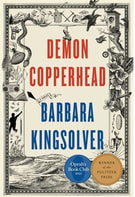 Run, do not walk, to get this book if you haven't already. It is an utter masterpiece. In the days after finishing the book, I found myself really missing the main character, Demon. I won't go through the synopsis because so many have been talking about it. But the way in which it presents something that is demonized, judged and "wrong" in America right now while presenting it as so average and understandable is truly excellent. It is so good. A must read. 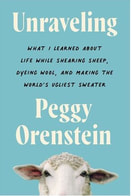 Next are two books about creativity and the first non-fiction in this list. I loved Unraveling by Peggy Orenstein. It was tender, funny and still packed with information. The author sets out to make a sweater from start to finish. As in, shearing a sheep, growing the plants to dye the wool, designing a sweater, etc. The moments when she talks about her dad are so heartfelt and moving. I listened to this book on Audible and really enjoyed that. 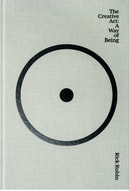 Then there is The Creative Act: A Way of Being by Rick Rubin. This is SO GOOD. I loved every moment. It's written in very short vignettes. It's all about being in the world and the act of creating. In some ways, it overlaps with yoga. It is about what we think that prevents us from doing or being. These books mark the end of what I'll call the "non-theory" section of my list. The Creative Act is a nice bridge as it does present theory on creativity but asks the theory to be non-intellectual. The next batch of texts are information focused, and draw upon the production of theory and the analysis of culture, history and behavior. 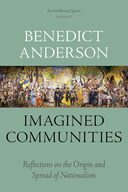 First up is Imagined Communities by Benedict Anderson. This was very readable and so interesting. It tackles the idea of "nation" and how this is an imagined community. A nation means that we feel connected to people we will never meet. We feel as though we have a shared identity, yet we will never know many of the people we feel connected to. Anderson writes about how this is possible. What makes us feel a part of an imagined community? This is a great (and accessible) read and incredibly relevant in the days of rising nationalist movements worldwide. 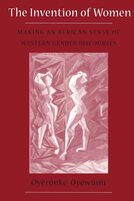 The next two are works in post-colonial, gender theory. By that I mean, engaging with how power dynamics (in the form of colonialism, racism....) affect how we conceive of gender and the role gender plays in society. Oyewumi's work The Invention of Women looks at how gender is not always a way in which society is organized. The division between man and woman, and the inherent power dynamic that is almost always within that division is not a "norm" but rather a constructed relationship. 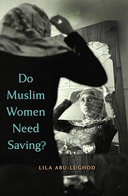 Lila Abu-Lughod's book Do Muslim Women Need Saving? is an important look into the role "women" play in political mobilization and war. Very often women and children are used to justify political action, but is this right? She asks difficult and important questions about how we perceive "others" across national and religious boundaries. This is not always a comfortable read but the questions she asks are important. Lastly, I'll end with a book about yoga! This year I revisited Joseph Alter's Yoga in Modern India. This is a great book. The themes that Alter draws out in twentieth century yoga are fascinating and illuminating. I love Alter's work and also read Gandhi's Body this year. I had read Yoga in Modern India before, but found it great to revisit as there is a lot there. I highly recommend any yoga practitioner read anything by Joseph Alter. It will help put into context the practices of today's yoga. Let us know what you read this year! What did you love? What did you find fascinating? We'd love to hear what spoke to you and what you recommend.
0 Comments
Leave a Reply. |
AUTHORSScott & Ida are Yoga Acharyas (Masters of Yoga). They are scholars as well as practitioners of yogic postures, breath control and meditation. They are the head teachers of Ghosh Yoga.
POPULAR- The 113 Postures of Ghosh Yoga
- Make the Hamstrings Strong, Not Long - Understanding Chair Posture - Lock the Knee History - It Doesn't Matter If Your Head Is On Your Knee - Bow Pose (Dhanurasana) - 5 Reasons To Backbend - Origins of Standing Bow - The Traditional Yoga In Bikram's Class - What About the Women?! - Through Bishnu's Eyes - Why Teaching Is Not a Personal Practice Categories
All
Archives
May 2024
|
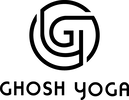
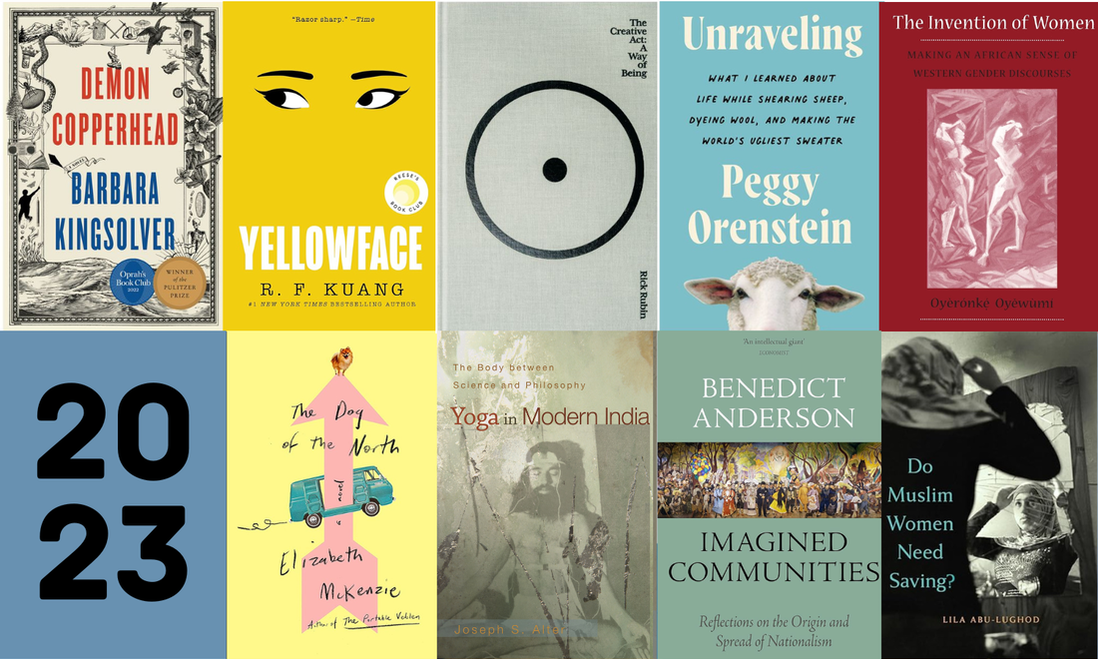
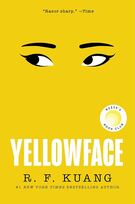
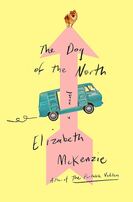
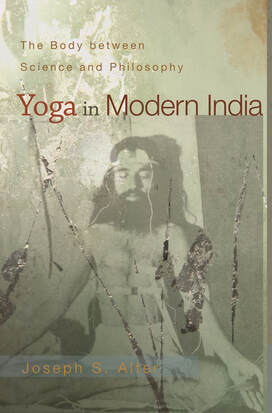
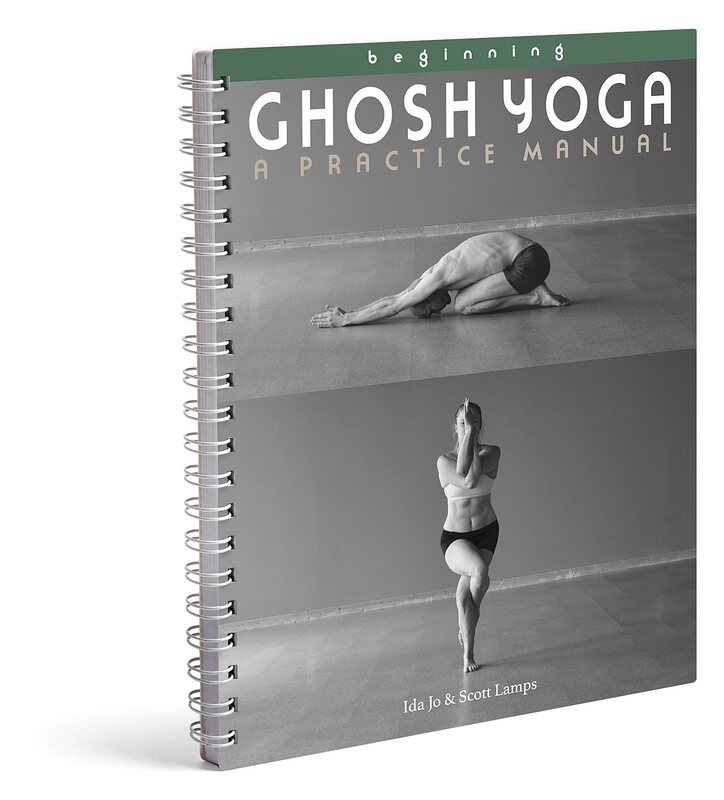
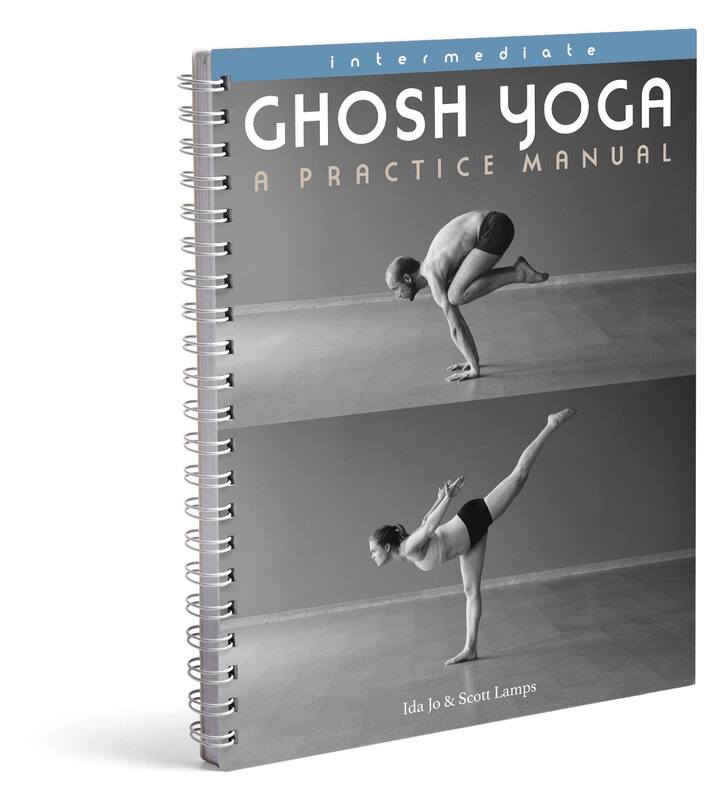
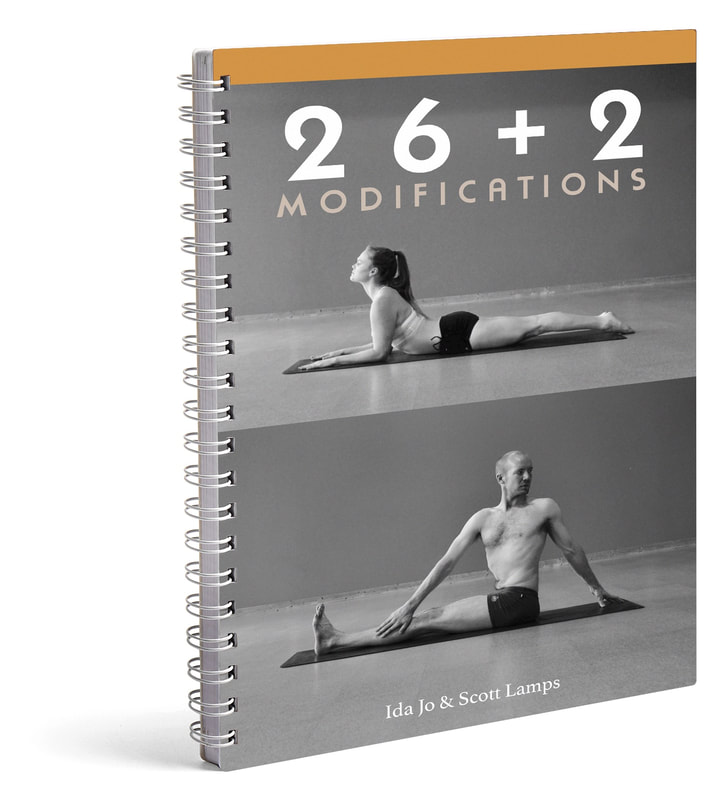
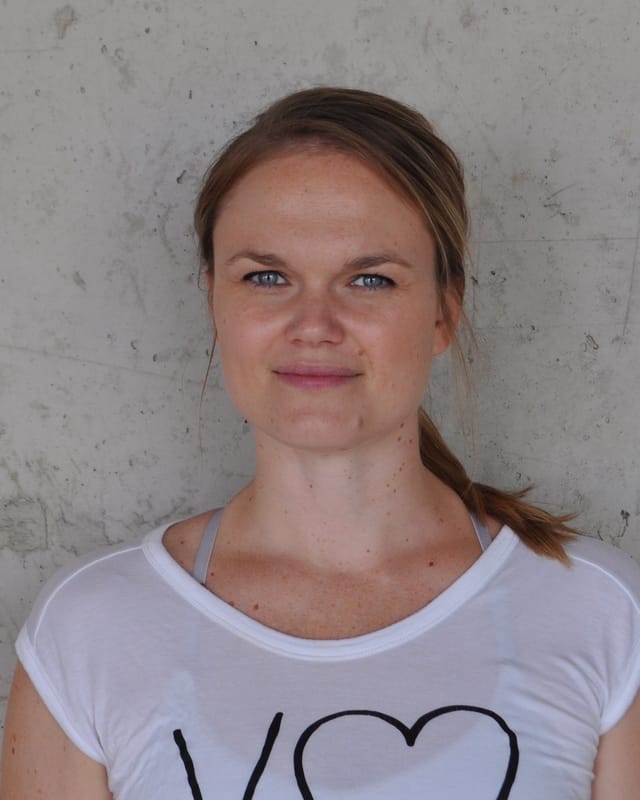
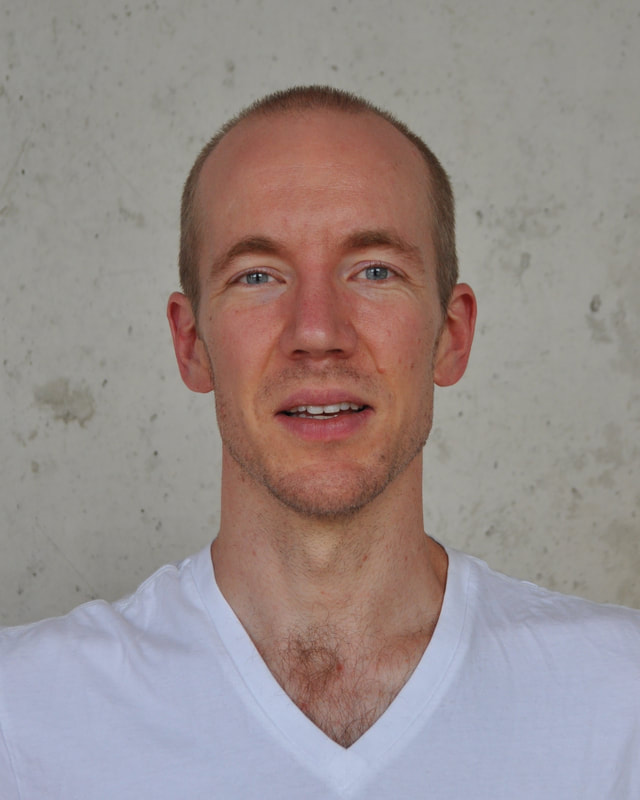
 RSS Feed
RSS Feed